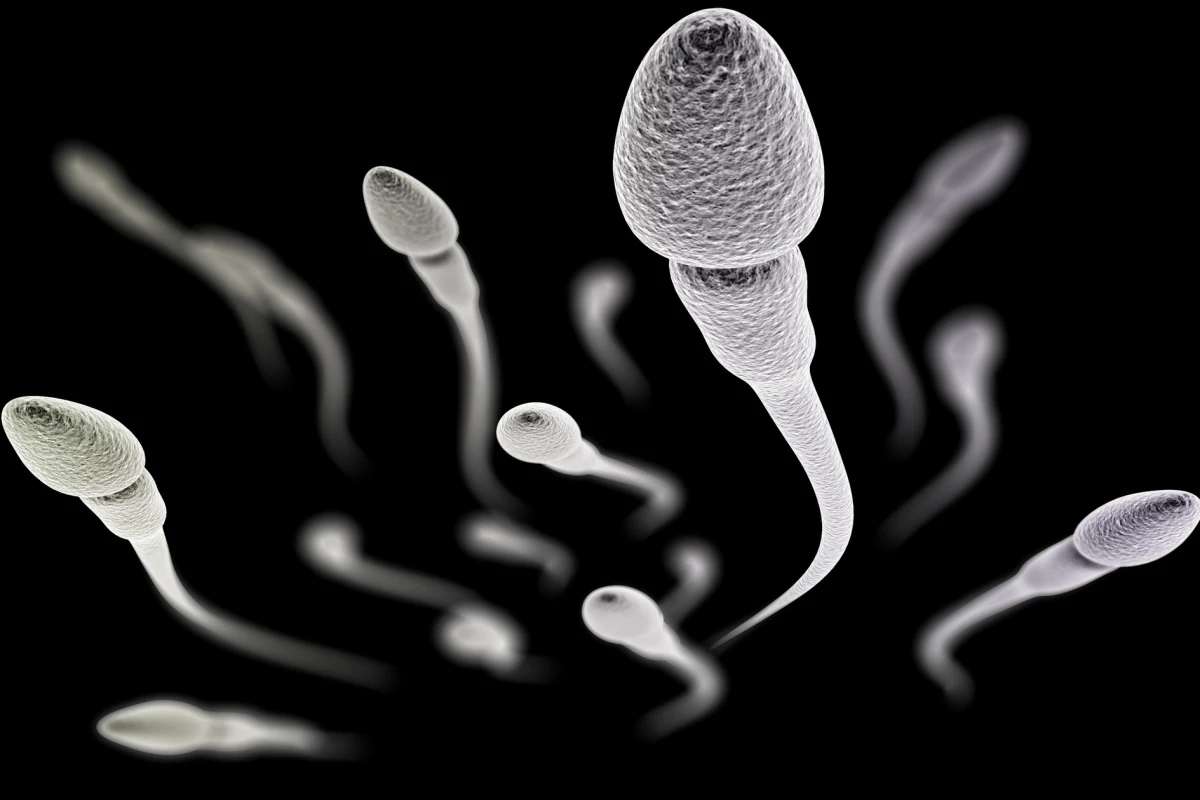While women have had an oral contraceptive for some time, men have been limited to two mechanical options to prevent unwanted pregnancies: condoms and vasectomies. That might be set to change thanks to the discovery of a gene that is only expressed in testicular tissue in multiple mammals, including humans. Disabling the gene changed the shape and function of sperm and has researchers hopeful that it could lead to an oral contraceptive for men that would work while taken, and allow sperm to resume their normal function when stopped.
The researchers, working out of Washington State University, discovered a gene dubbed Arrdc5 in the testicular tissue of pigs, cows, mice and humans. When they disabled it in mice, it stopped the production of a protein that led the rodents to develop a condition known as oligoasthenoteratospermia (OAT), the most commonly found cause of male infertility in humans.
The condition caused 98% of the sperm produced by the mice to be shaped in such a way that they could not fuse with an egg. The sperm also moved 2.8 times slower than witnessed in a control group, and the treated mice produced 28% less sperm overall.
A safer option
One of the more obvious ways of altering male fertility is to develop ways to suppress testosterone in the body, which is a key component of sperm production. The problem is that testosterone is also very much involved in red blood cell formation, and muscle and bone strength. So the advantage of a genetic approach, say the researchers, is that it could target only the sperm without having a larger systemic impact. They also say that the treatment could be reversible, which is not the case with, for example, vasectomies.
“You don't want to wipe out the ability to ever make sperm – just stop the sperm that are being made from being made correctly,” said Jon Oatley, senior author and professor in WSU’s School of Molecular Biosciences. “Then, in theory, you could remove the drug and the sperm would start being built normally again.”
Because it works on a protein involved in sperm production, the new finding is similar to one put forward by researchers at Weill Cornell Medicine earlier this year, which showed that a dose of medication that inhibited a protein known as sAC worked within 30 to 60 minutes, lasted for up to two and a half hours, and was 100% effective at blocking pregnancy in mouse trials.
Oatley and Mariana Giassetti, first author on the study, have filed a provisional patent for a male oral contraceptive based on the finding, however, more research will be needed to find out how the treatment works on humans. The researchers also say that the finding could be used in livestock applications as a way to control animal populations; however, their primary focus will be on developing an oral contraceptive for men.
“Developing a way to curb population growth and stop unwanted pregnancies is really important for the future of the human race,” said Oatley. “Right now, we don't really have anything on the male side for contraception other than surgery and only a small percentage of men choose vasectomies. If we can develop this discovery into a solution for contraception, it could have far-ranging impacts.”
The research has been published in the journal Nature Communications.
Source: Washington State University





